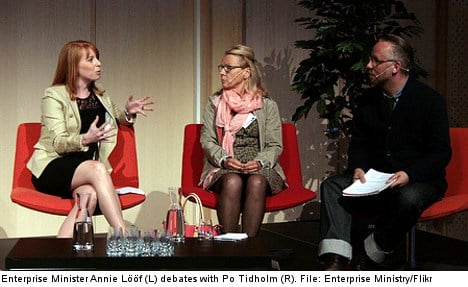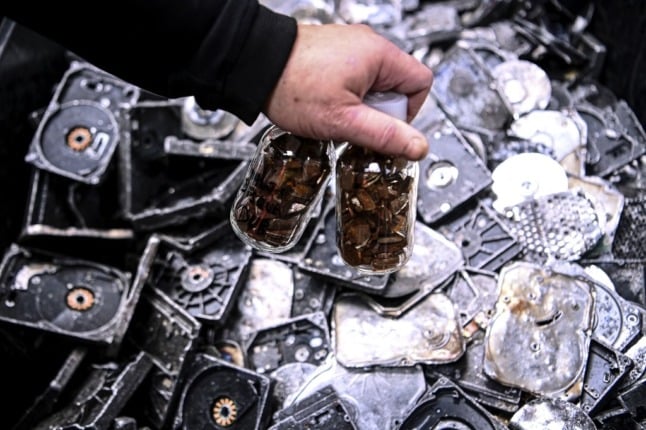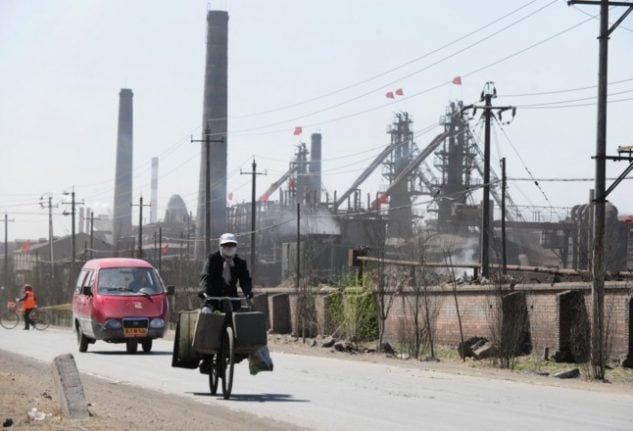“Hydroelectric dams, forests, and ore built this country,” Tidholm tells The Local. “But when Sweden was modernizing in the 1900s, the northern communities got a lot back from local industries, because at the time they were labour intensive.”
The Local reported earlier this week how police in Jokkmokk had to dig up protesters at a proposed new iron mine in Kallak, which has the local community, including the indigenous Sami, up in arms. A company called Beowulf, listed in London and Stockholm, has its sights set on a new mine.
“Kallak is traditional reindeer grazing land for the Sami, who for many and historic reasons don’t own their land,” Tidholm explains. “But even if they did, it wouldn’t make any difference.”
Sweden is known internationally for its welcoming laws on prospecting. If there are minerals in the ground, any company, Swedish or other, has the right to take samples – the landowner can do nothing about it.
Yet this law in conjunction with highly-mechanized mining and Sweden having the second lowest mineral tax in the world, has turned Sweden’s north into Klondike, Tidholm says, attracting gold diggers as there are quick profits to be made.
“There are companies being investigated for financial crimes and shady dealings worldwide ready to extract Norrland’s resources, he says. “It is utterly absurd. People are really angry.”
While there are concerns about the business practices of some of the companies heading north, another problem is that they offer little income to local communities.
“While the dams have been built and are now run remotely from Stockholm, and machines fell trees, the mining companies are registered outside the municipality in question, and workers are flown in,” Tidholm says. “These mines are virtually like oil platforms. The communities get no money from income tax.”
Tidholm says the municipalities have been slow to accept that the industries that once formed their backbone can no longer hold them upright financially.
“The penny is starting to drop, slowly,” he says. “I’ve spent years crunching numbers. There is no money to be had from these industries any longer.”
Tidholm also says a mineral tax of 0.05 percent – compared to about five percent in the US, and between six to 14 percent across Canada – means the national coffers aren’t replenished either.
“In 2011, Sweden got 400,000 kronor from the minerals extracted here. It’s enough change for a coffee!” Tidholm says. “It is truly absurd that Sweden doesn’t charge the mining companies.”
Po Tidholm is the author of Norrland – Essäer och reportage (Teg Publishing 2011).
Ann Törnkvist




 Please whitelist us to continue reading.
Please whitelist us to continue reading.
Member comments